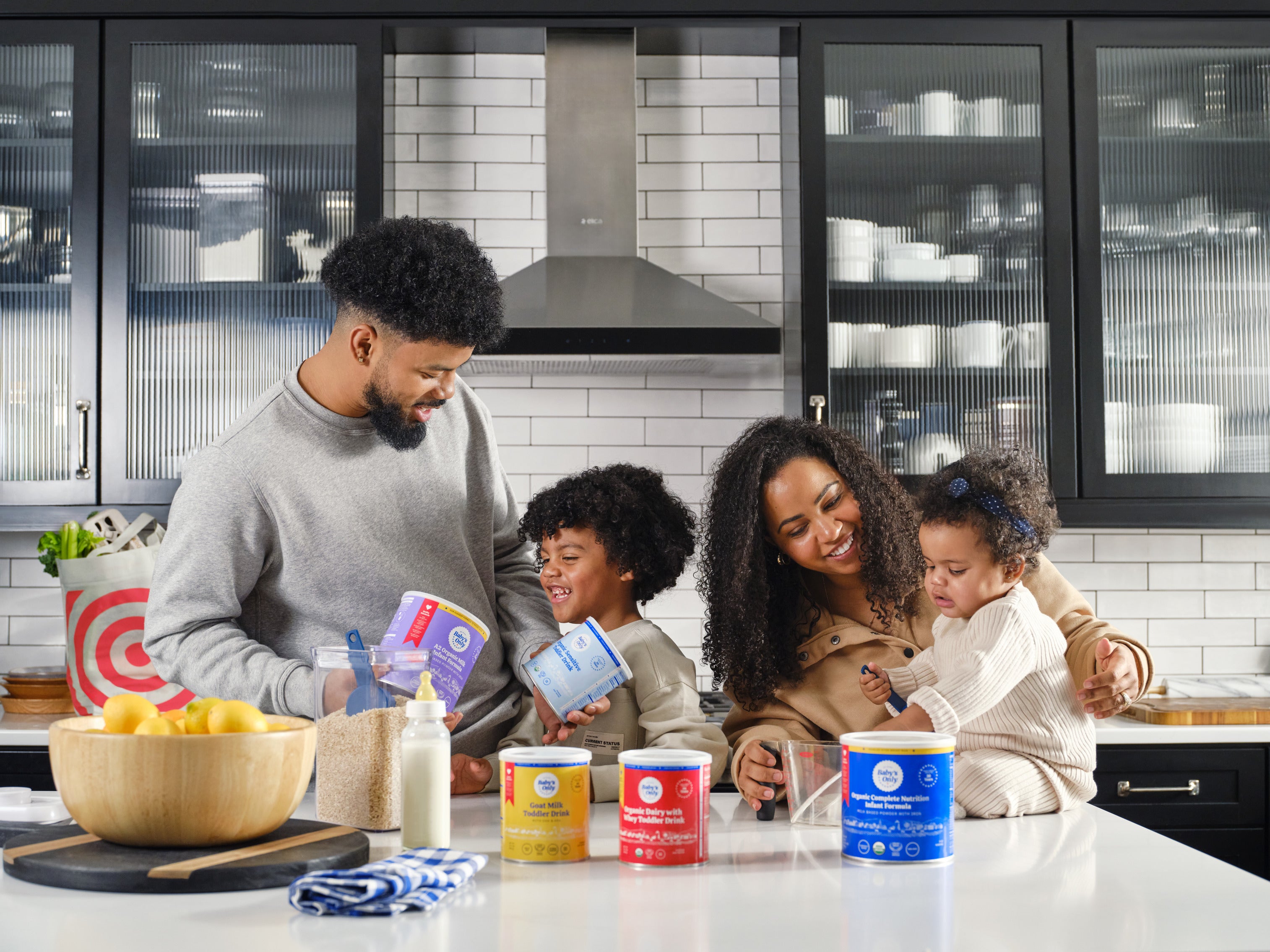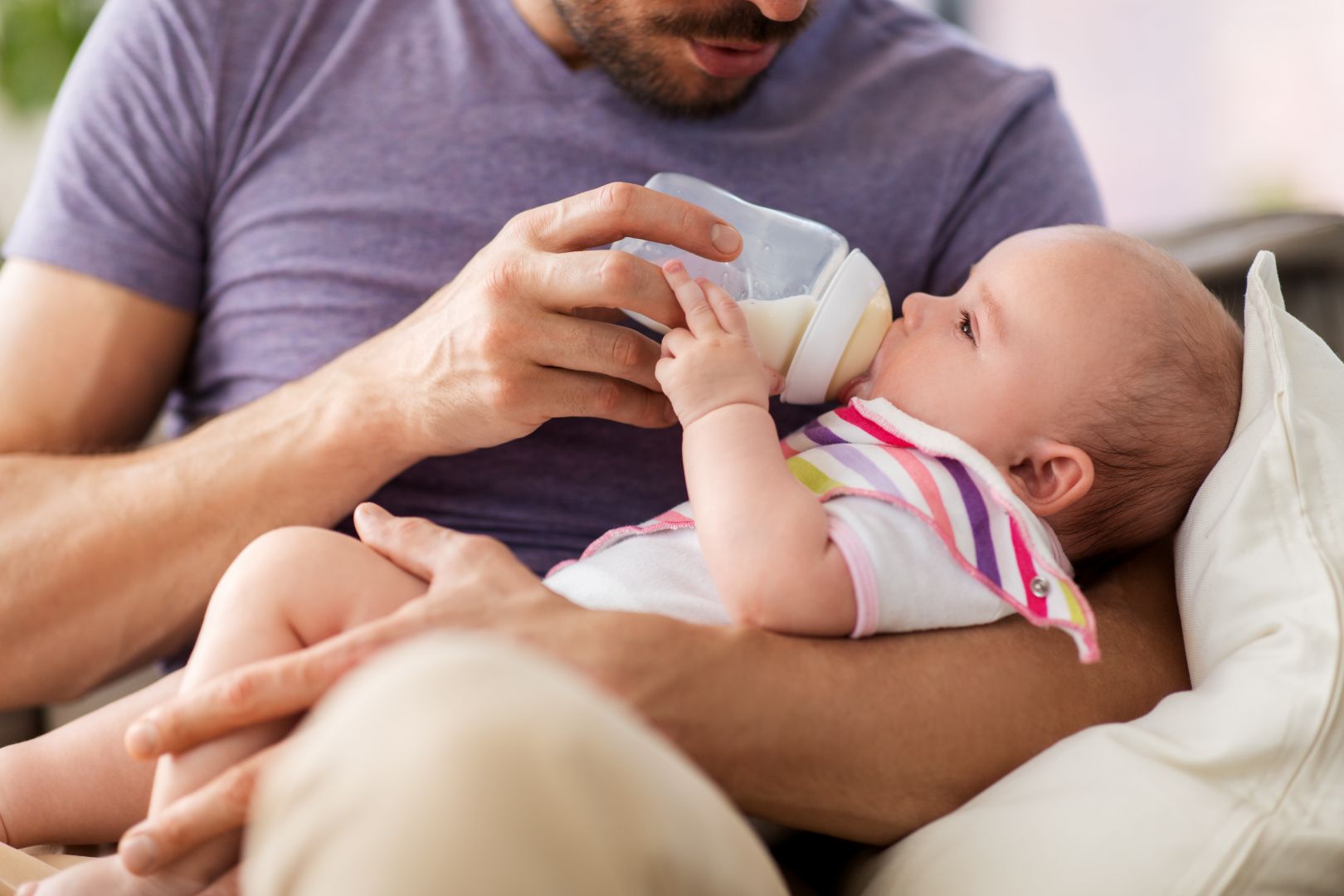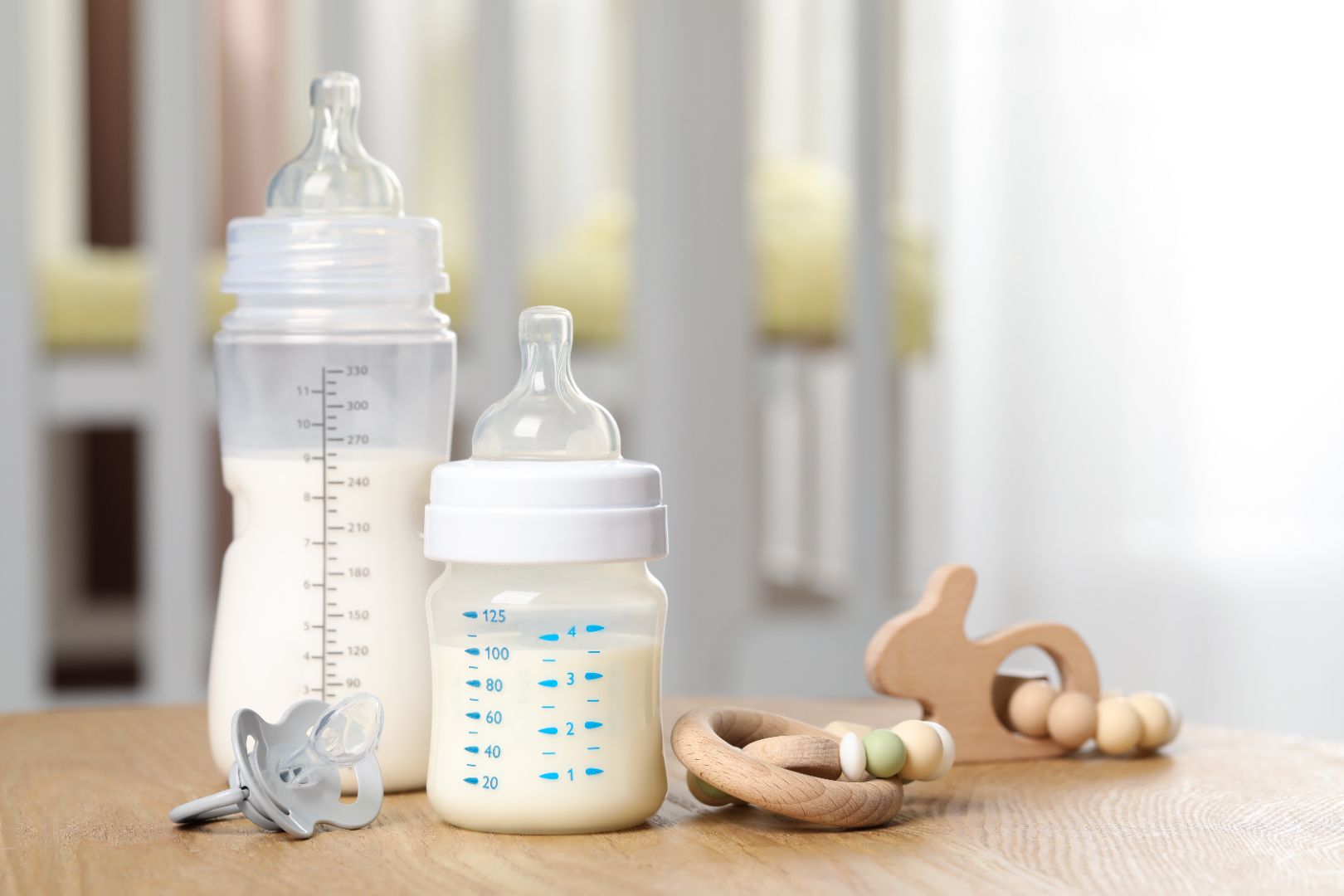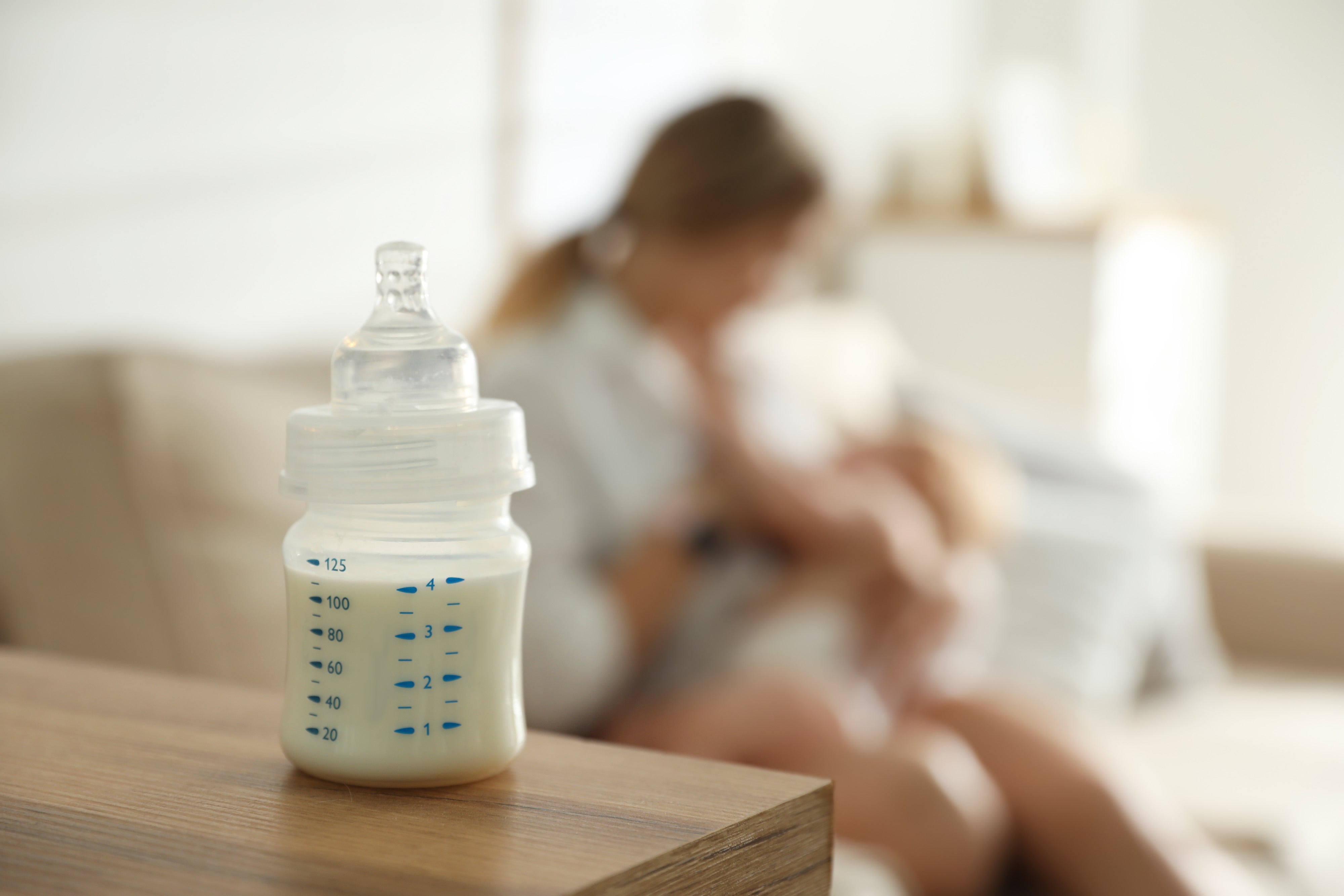Published March 15, 2024

How Long Can Formula Sit Out? Understanding the Basics for Safe Baby Feeding
Feeding your baby is an act of love, and for many parents, formula feeding is a part of this important ritual. Whether you're a new parent or a seasoned caregiver, understanding how long a formula bottle can sit out is crucial to ensure the health and safety of your baby. Let’s delve into the guidelines for formula feeding, focusing on the handling of prepared bottles, the shelf life of formula, and best practices for formula feeding.
The Shelf Life of Formula: From Preparation to Feeding
When it comes to formula feeding, the first question many parents have is, "How long can a formula bottle sit out?" According to health experts, a bottle of prepared but unused/unoffered formula should not sit out at room temperature for more than two hours to prevent the growth of bacteria. On a hot summer day, the time limit should be even shorter to ensure safety.
Handling Leftover Formula
We get it, sometimes you don’t want to waste food! But when it comes to formula, throw it away when your baby is done. Leftover formula in the bottle is normal, but it’s now contaminated from the baby’s mouth. Any formula left should be consumed within an hour, then discarded—not stored for later. This reduces the risk of bacterial growth and ensures that every bottle is fresh (and more importantly, safe.)
Preparing Formula in Advance: Dos and Don'ts
If you’re prepping your formula in advance, it’s essential to follow safe storage practices. Prepared, unoffered bottles can be stored in the refrigerator for up to 24 hours. Ensure they are tightly sealed to maintain freshness and prevent contamination! Before feeding, you may choose to warm the bottle under running water or in a bottle warmer—never use a microwave, as it can create hot spots that might scald your baby's mouth. Some babies are perfectly happy to take bottles cold from the fridge and that’s fine too!
Washing Hands and Baby Bottles: The First Step in Formula Feeding
Before preparing formula, always wash your hands thoroughly with soap and warm water. This simple step is vital in preventing the spread of bacteria to your baby’s formula. Similarly, ensure that all feeding bottles, nipples, and preparation surfaces are clean and sterilized.
Understanding Expiration Dates and Storage Guidelines
When using powdered formula, it's essential to pay attention to the expiration date and storage guidelines. Unopened baby formula should be stored in a cool, dry place, and once opened, it should be used within a specified timeframe–typically 30 days– to ensure its safety and nutritional value. The exact shelf life can vary by brand and type, so always check the packaging for specific recommendations. Even if a formula is within the expiration date, parents should pay attention to signs of spoilage and toss if noticed. These signs include changes in powder color, changes in smell, changes in solubility, and difficulty scooping (which can indicate that moisture has contaminated the product).
Preparing Batches of Formula
Some parents find it convenient to prepare batches of formula to save time. If you choose to do this, remember that these prepared bottles can be stored in the refrigerator for no more than 24 hours. Always label the bottles with the preparation time and date to keep track of their freshness and ensure they are used safely within the appropriate timeframe. You can also utilize the “pitcher method” to create batches of formula.
The Role of Water in Formula Preparation
The water used to mix powdered formula plays a significant role in the overall safety of the feeding process. Always use water from a safe, clean source. If you're using tap water, let it run for a few seconds before collecting it to minimize potential contamination. For extra precaution, boiling water for a full minute at a rolling boil and then cooling it to an appropriate temperature for five minutes (before mixing it with the formula) can eliminate harmful bacteria. Some parents prefer to use bottled water, such as gallons of distilled or purified water from the grocery store. Consult with your child’s pediatrician if you’re not sure what type of water is most appropriate or safest for your child.
Final Thoughts on Formula Feeding
Formula feeding, when done correctly, is a safe and effective way to nourish your baby. By understanding the guidelines on how long a bottle of formula can sit out, properly handling leftover formula, and adhering to preparation and storage best practices, you can ensure that your baby receives the nutrition they need in the safest manner possible. Remember, when in doubt, it's always better to err on the side of caution and prepare a fresh bottle rather than risk the health complications that can arise from improperly handled formula. Happy feeding!
The content on this site is for informational purposes only and not intended to be a substitute for professional medical advice, diagnosis or treatment. Discuss any health or feeding concerns with your infant’s pediatrician. Never disregard professional medical advice or delay it based on the content on this page.



